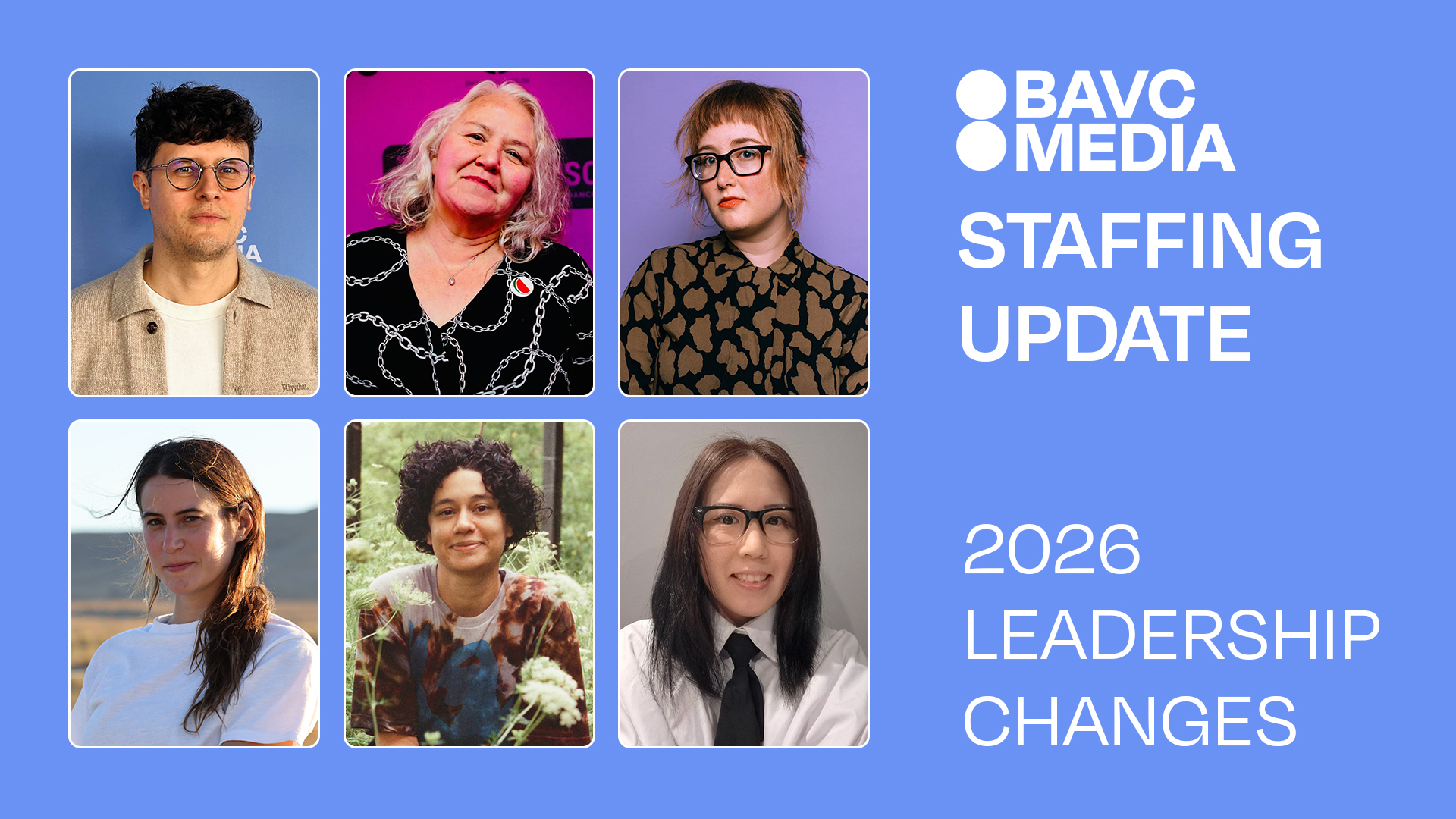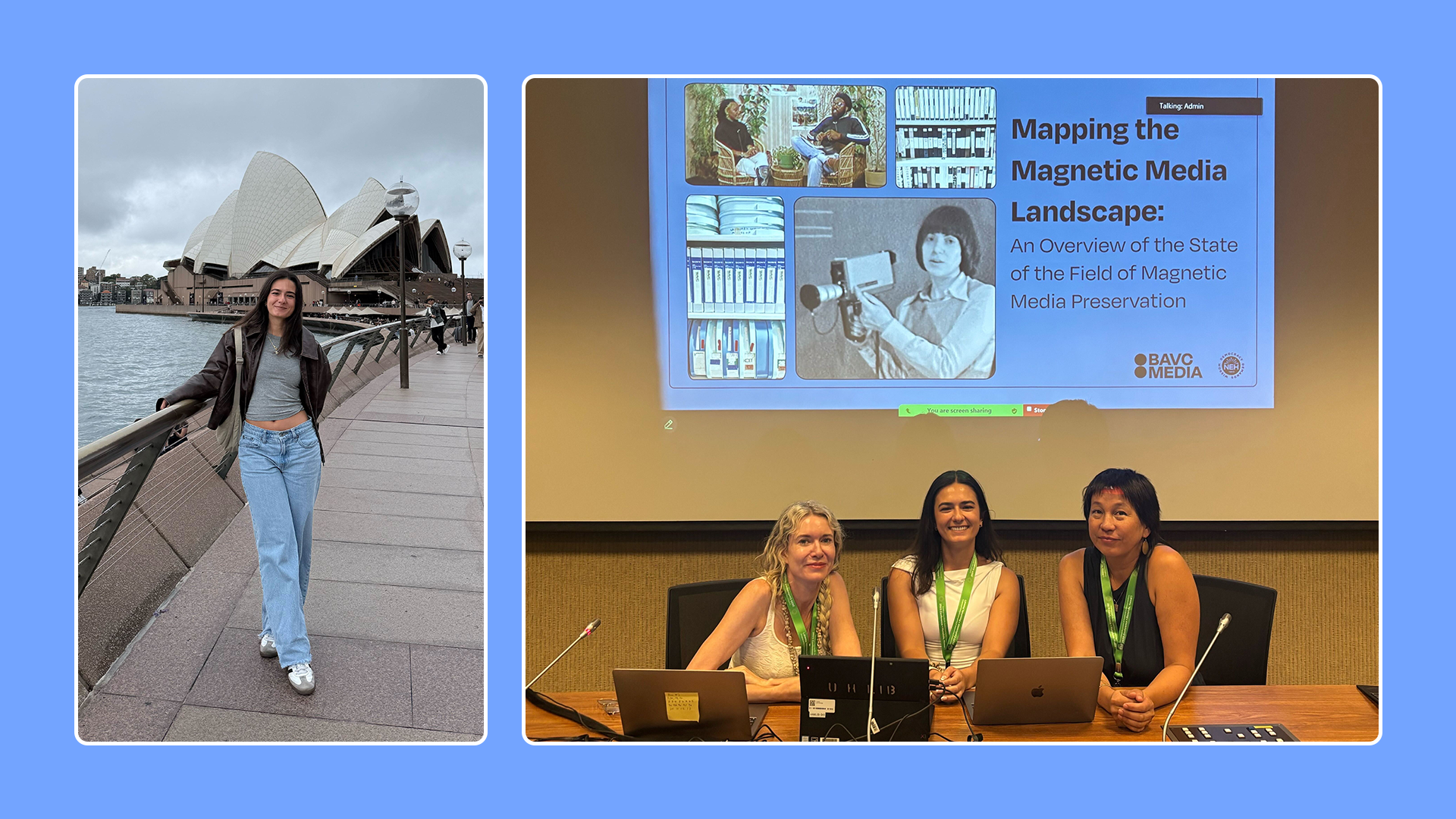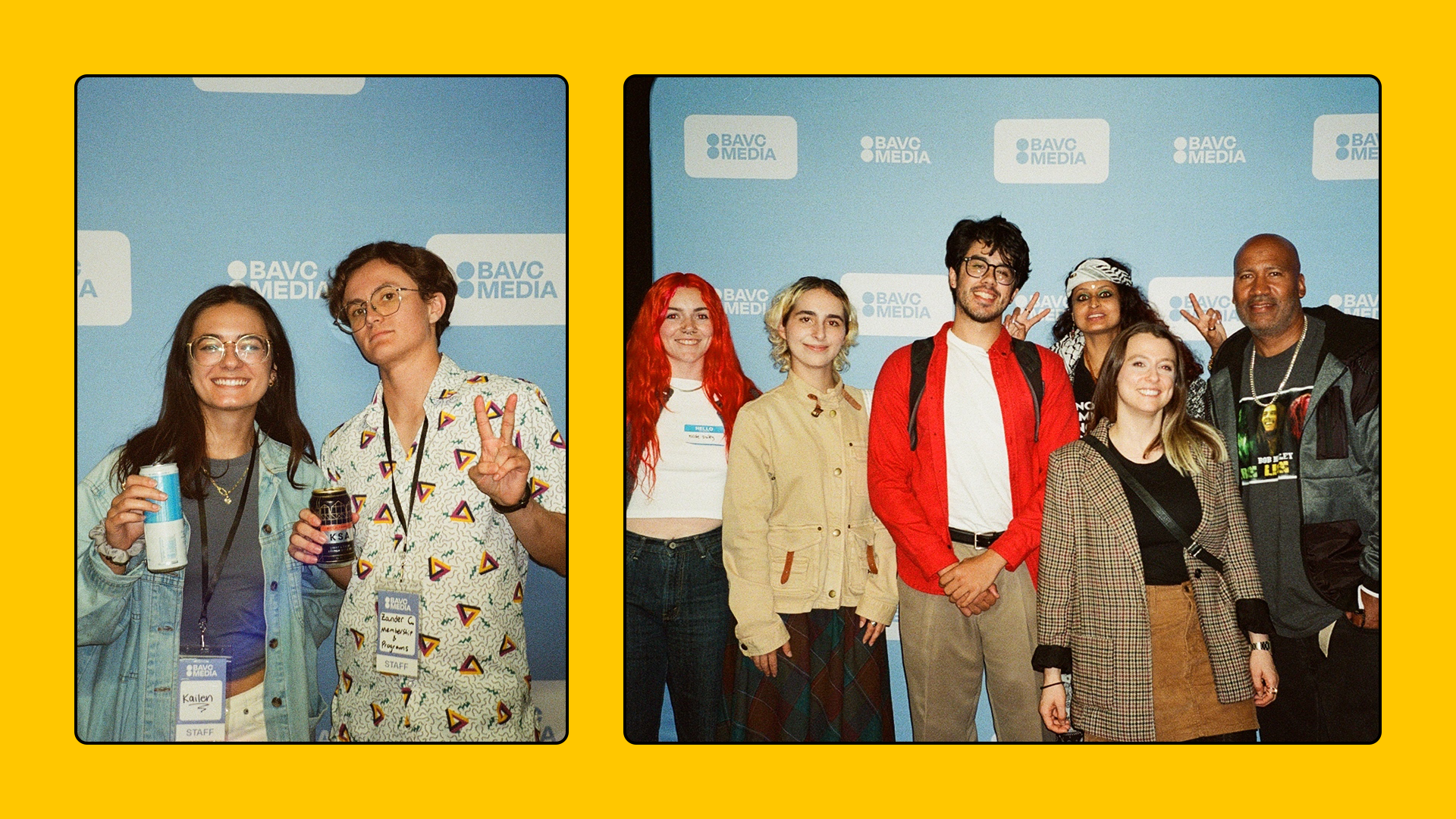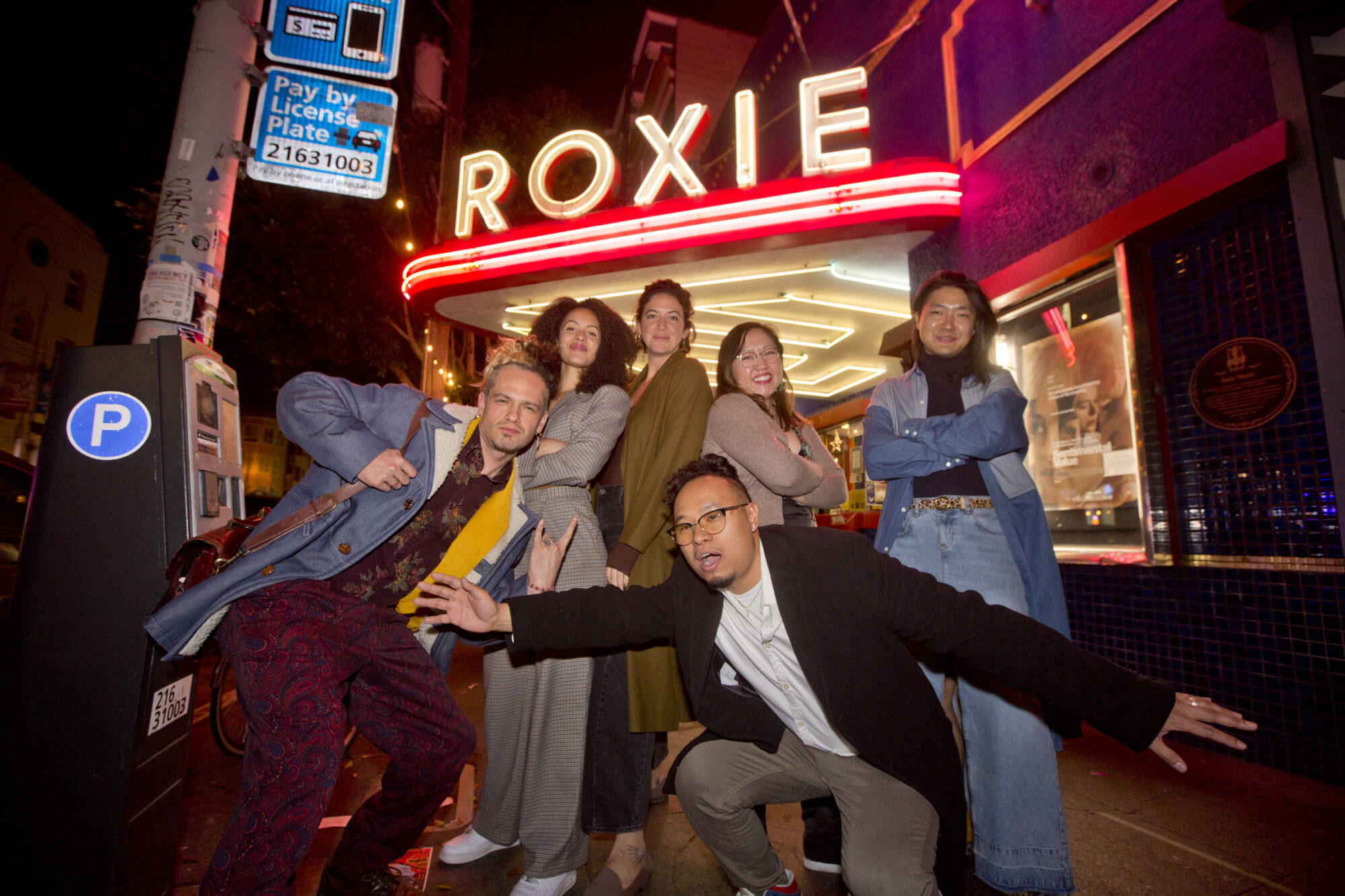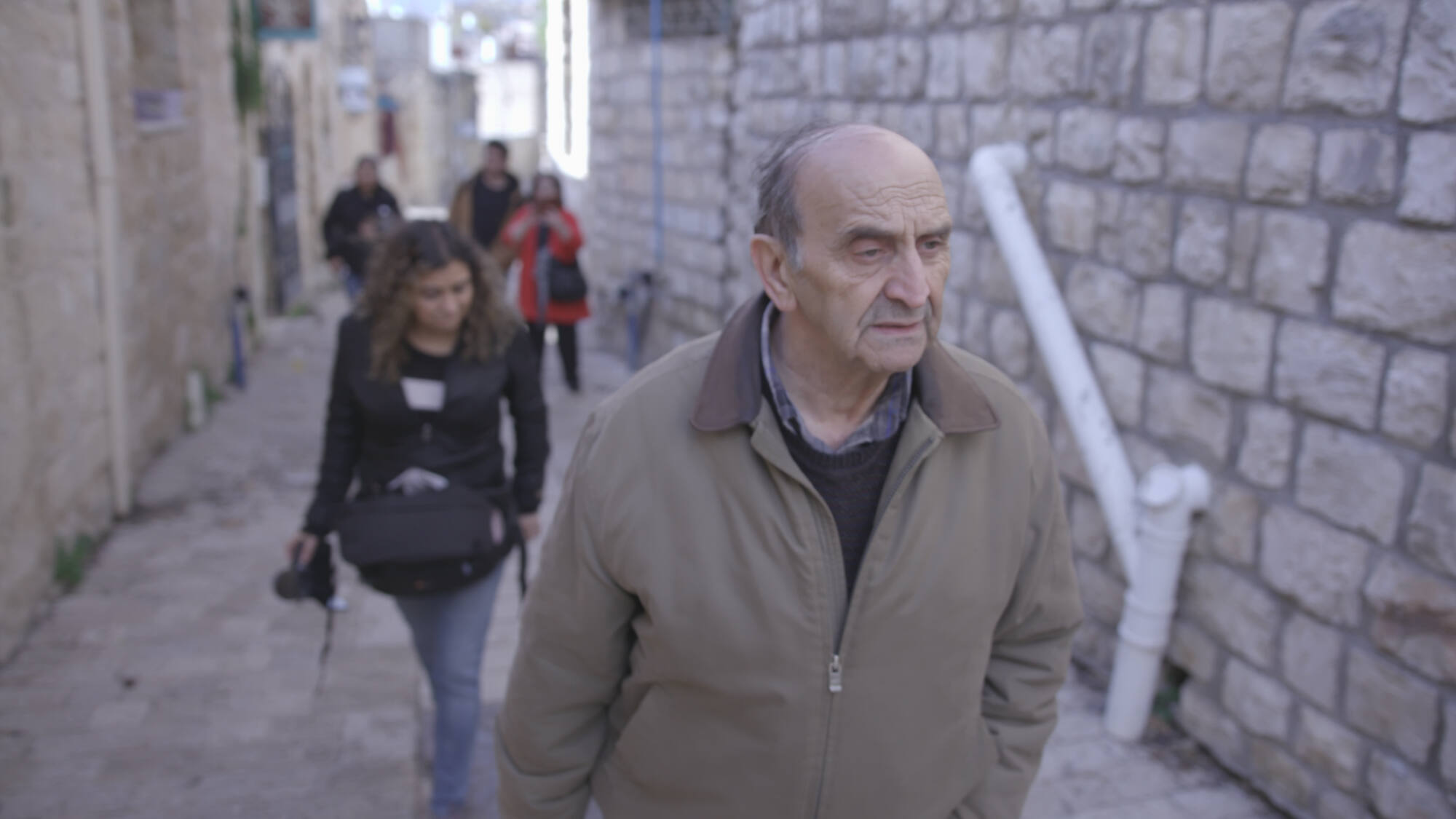An Interview with Jacqueline Olive: Director, Producer, & Writer of “Always in Season,” Winner of a Sundance 2019 Special Jury Prize
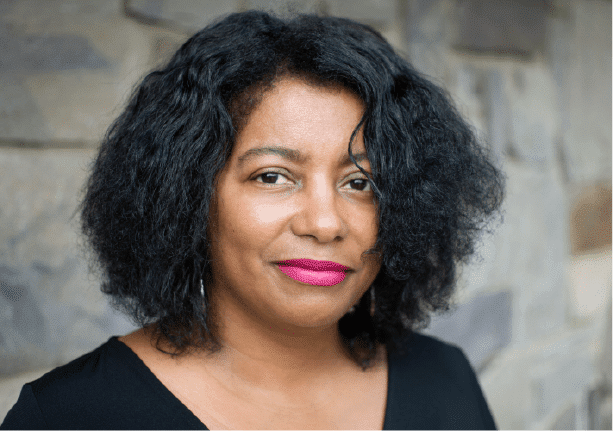
In the small town of Bladenboro, NC, seventeen-year-old Lennon Lacy, was found hanging from a swing set on August 29, 2014. Despite inconsistencies in the evidence, local officials quickly ruled Lennon’s death a suicide, but his mother, Claudia, believes Lennon was lynched.
ALWAYS IN SEASON explores the lingering impact of more than a century of lynching African Americans and connects this form of racial terrorism with racial violence today. At the height of their popularity, lynchings attracted thousands of white men, women, and children spectators. They were public events, complete with souvenirs and photographs. Train seats were even specially reserved for out-of-towners to watch. Victims were tortured, mutilated, and photographed for hours. Lynching was like the sport of hunting, and black people were “always in season.”
ALWAYS IN SEASON follows Claudia Lacy as she moves from paralyzing grief to leading the fight for justice for her son. As the film unfolds, Lennon’s case, and the suspicions surrounding it, intersect with stories of other communities committed to breaking the silence of their own recent histories and leading the way to justice.
A few hundred miles from Bladenboro, in Monroe, Georgia, a diverse group of residents, including the daughter of a former Ku Klux Klan leader, annually reenact a 1946 quadruple lynching to make sure that the victims are never forgotten. The reenactors also believe some of the perpetrators may still be living in the area. ALWAYS IN SEASON asks what will it take for Americans to build a national movement for racial justice and reconciliation?
Jacqueline Olive was a 2011 MediaMaker Fellow when Always in Season was in development. She was recently awarded an Alumni Grant in by BAVC Media to support impact strategy. Always in Season had its world premiere at the 2019 Sundance Film Festival where it won a Special Jury Prize for Moral Urgency.
BAVC Media: What is your role/credit on the film.
Jackie: I am the director, producer, and writer of Always in Season.
How did come to tell this story?
I came to the story when I moved back home to Mississippi and viewed the images in the Without Sanctuary: Lynching Photography in America exhibit in 2002. Once I finished the documentary film program at graduate school, I considered the first project I’d like to work on and recalled those captions and photographs of tortured bodies of lynching victims, who despite being long dead, compelled me to learn more about them, as well as the lynchers and spectators. As I researched and developed the project from 2008-2009, I found people in communities scattered across the U.S. who were facing the history of lynching, largely unaware of what others were doing. I filmed for the next seven years with people featured in Always in Season, like Olivia Taylor, whose father was a leader in the Ku Klux Klan at Stone Mountain, Georgia. Olivia and others were doing the uncomfortable and imperfect work of trying to repair the damage and acknowledge lynching victims that I knew on so many levels was needed.
What was the greatest surprise you encountered during the making of this film?
I’m not sure where to begin with all the surprises that the process of making the film brought. It’s been a decade in the making, and so much about the process stretched me in ways that I didn’t expect. For example, as I dug into the story in 2012 after Trayvon Martin was killed, it took the national outcry, that eventually came, some time to get started. I was genuinely surprised by the level of silence there was initially. As Trayvon’s death was followed by so many other police and vigilante killings, the numbers were mirroring the frequency of lynchings at their height, 2-4 per week. Despite generations of similar unjustified shootings, that data was only tracked after cell phone footage began recording the cases. The victims’ culpability was often front and center in the media and courtrooms, while the shooters were rarely even indicted. You could replace the words “shootings of unarmed victims” with “lynchings” and find eerily similar trends, and yet there have been few deep discussions in the mainstream about how this historic form of racial terrorism is still shaping and evolving the systems of policing, criminal justice, education, and more that we all move through daily. Channeling the frustration, anger, and pain, and especially the excitement about the love and power communities are gaining as more and more people work for change, has been a driving force for me while working to finish Always in Season. Finding that filmmaking would creep into every aspect of my life in the way it has was at one time a big surprise. Now I see it as a gift, like the spirituality that doesn’t just show up for an hour or two on Sundays.
Where do you find creative inspiration?
My biggest inspiration comes from the people I’ve filmed with who, despite intimate family connections to lynching, are confronting the terrorism. Claudia Lacy–whose teenage son, Lennon, was found hanging in Bladenboro, NC in 2014–is a remarkably open person, even as she suspects that someone lynched her youngest child. Since the first few weeks following Lennon’s death, Claudia generously shared her son’s story with me repeatedly with clarity, determination, and love, revealing a level of openness after unspeakable trauma that I didn’t expect and very much admire.
How did participating in the MediaMaker fellowship impact your journey with this film?
Being a MediaMaker fellow helped me to think outside of the box. I participated when the fellowship was also exploring immersive media production. As I learned more about producing with new platforms, like VR, to create a virtual world narrative that would extend the themes of my film, I also began experimenting with the aesthetics and structure of the film, itself. The fellowship sparked ideas that you can now see in the theatrical version.
BAVC Media was one of my first film families and has always been a supporter of my work. It’s a gift when an organization rallies around you with funding, resources, and cheerleading. I am also incredibly grateful for the friendships and professional relationships I’ve made through MediaMaker and other fellowships at BAVC Media. There have been so many wonderful reconnections over the years as we’ve all moved out into the world doing the work that we love.
What would be your advice to future MediaMaker fellows?
I got to meet the latest cohort of MediaMaker fellows and was so impressed with the depth and quality of their work. I can tell that once finished, the films will be important contributions to what I like to think of as a single collective, global body of documentaries. I asked some of the fellows, “What are your grandest aspirations for your film?” I’ve learned that it’s important to not just focus on practical, easily articulated goals (so much a part of producing), but to speak about and expand your consciousness around distribution, impact and engagement, the narrative itself, or what your life looks like while you’re creating. Even when you can’t see how it will come together, my advice to future Media Maker fellows is to make space for your greatest dreams about the project that you’re already spending so much time, energy, and money on. As your phenomenal goals take shape you can make plans and recognize opportunities to manifest them.
What is your greatest hope for 2019, both for yourself and for the world?
My greatest hope for 2019 is that everyone more deeply recognizes the value of our connection to each other and nature. That’s what Always in Season is in part about, and it’s a guiding principle for my life. I know that acts of love, compassion, generosity, and gratitude are extraordinarily powerful, so I hope that we all do more of our own racial, social, and environmental justice work this year and help create a better world.

